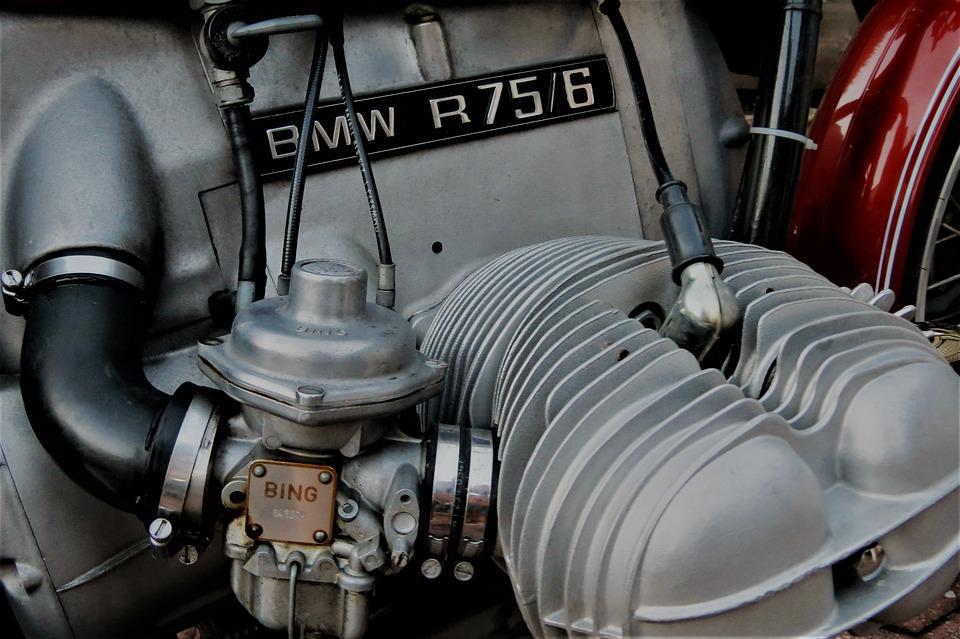Climate change and sustainable technology are the most pressing matters today in the automotive world. Some associated trends are meaningless jargon, while the best place for automotive guides is accurate representations of technological advances and regulations that can benefit the environment. Decarbonization describes the method that has everything to do with developing more fuel-efficient automobiles.
This article will explain engine decarbonization, its functions, and its necessity for your engine and automobile.
What Is Decarbonization of Engines?
Engine decarbonization entails cleaning up the carbon deposits from the traditional fuel source utilized in internal combustion engines. Standard IC engines accumulate carbon deposits mostly on the pistons and cylinder head and removing them aids in maintaining optimal engine functionality. Engine performance is improved by decarbonization because it improves fuel economy and reduces vibration and engine noise.
What is the Process of Engine Decarbonization?
There are two basic methods for decarbonizing your automobile’s engine: manual and chemical.
The IC engine is opened up during the manual procedure, and the carbon residues are physically scraped off. As this necessitates a precise method, leaving it to a skilled, highly-trained mechanic who studied from the best place for automotive guides is usually preferred. It might be harmful to your engine if manually scraping off combustion by-products is not done correctly.
On the other hand, the chemical method is far milder on your engine. It works by adding solvents to petroleum fuels, which dissolve the carbon residues that have built up on the spark plugs, fuel injectors, intake valves, and anywhere else where carbon has built up.
When Should you Clean the Carbon Deposits on Your Engine?
If your automobile’s engine feels sluggish and you’re losing fuel efficiency, it’s worth investigating whether carbon deposition is the cause. If that’s the case, and your mileage has consistently dropped over time, decarbonization techniques can be worth exploring to boost your automobile’s performance.
Is it Necessary to Decarbonize Engines?
With modern internal combustion engines and the constraints on carbon dioxide and other gas emissions, it’s arguable whether engines need to be decarbonized. Since most current engines, particularly those made in the last 12-15 years, meet pollution reduction standards, carbon deposits are expected to be minimal, regardless of the automobile’s make or model.
Nonetheless, there are still times when decarbonization is required — it all relies on what the vehicle is exhibiting while driving. Knocking and compression pressures considerably over permissible levels are common indicators of automobiles with high carbon deposits. A decrease in available power or mileage could also be due to large carbon deposits in your automobile’s system.
Good Maintenance Practice You Should Follow
Prevention is always better than cure! Few good practices like using gasoline additives are essential. A periodic tune-up for your engine is yet another approach to decarbonizing your IC engine without going through the complete chemical or mechanical process. This helps eliminate carbon residues that have already formed and prevent combustion by-products from accumulating in the first place.

